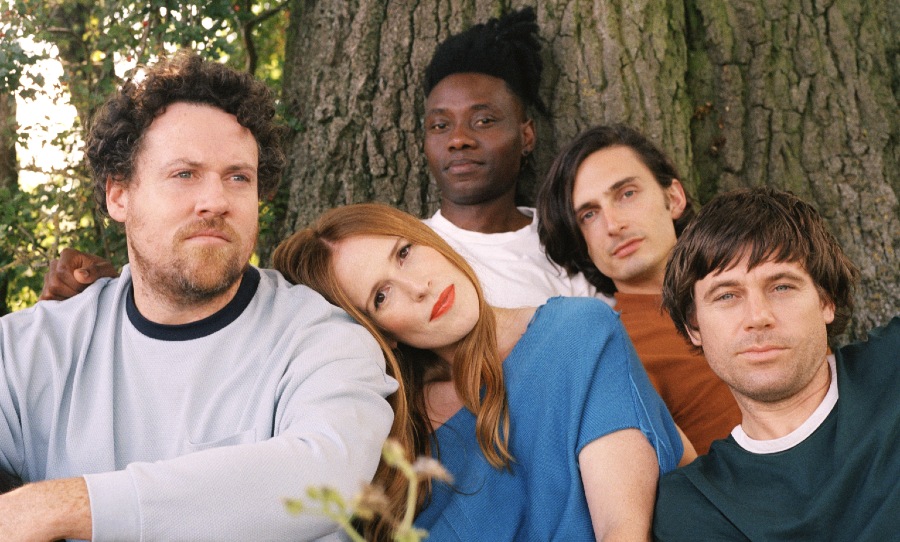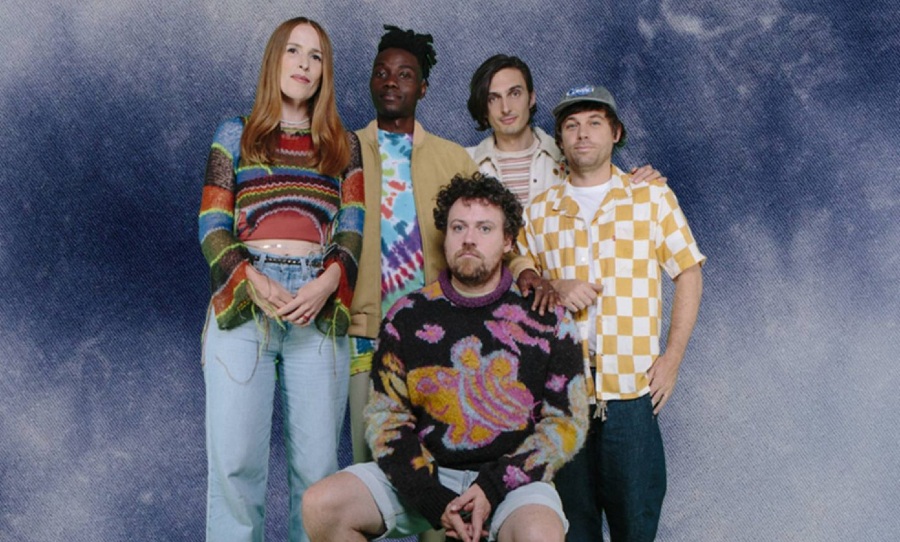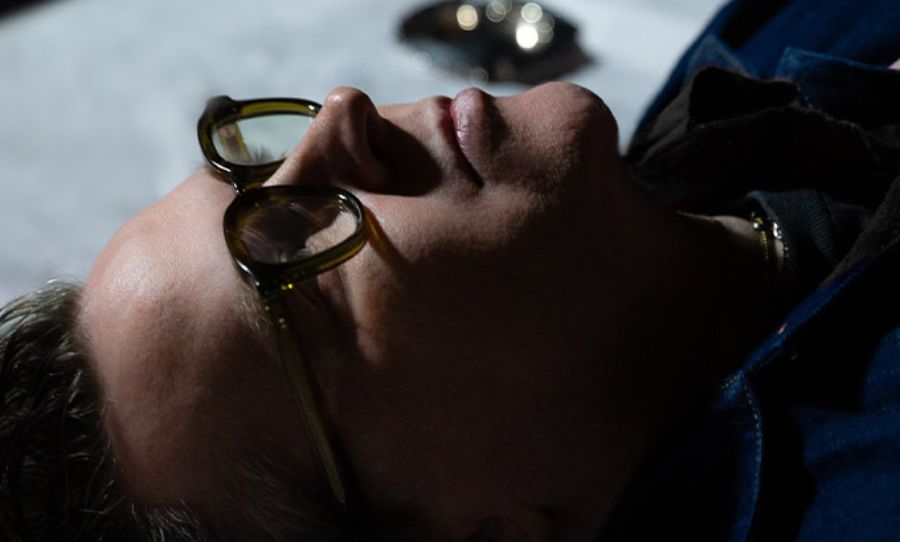Metronomy’s seventh studio album, Small World, laments life lost in lockdown but celebrates the future too.
Metronomy are one of the last great smart indie rock bands of the 00s releasing music, yet when their name is mentioned in passing a lot of people still furrow their brows asking, “who’s that?”.
The group’s songwriter, producer and frontman, Joe Mount, has always been accustomed to being an outsider and this otherness has often permeated the group’s music, lyrically and sonically, as Mount has written all of Metronomy’s music alone.

His 2006 debut album Pip Paine (Pay the £5000 You Owe) was an unexpected assortment of whacky anti-pop electronic/guitar-rock music that signalled an artist playfully experimenting with elements of indie pop and new wave.
The group’s 2008 release Nights Out, Mount’s acute capacity for left-field hooky melodies was irresistibly undeniable, as heard on singles, Radio Ladio. Rolling Stone called them, “a smart indie pop group with a distinctive, unusual sound”, which in hindsight is quite the undersell, considering what would be their follow up.
The group’s magnum opus, The English Riviera, came laden with Mount’s best songwriting to date, flush with sardonic lyricism describing the English coastal town of Devon and its bourgeoise upper classes. The album’s breakthrough hits; The Bay, and The Look rapidly became part of the indie rock cultural zeitgeist, to the group’s surprise.
Mount wrote and recorded the group’s latest album, Small World, amidst the stop-start pace lockdowns, which unsurprisingly dug up an existential crisis or two.
“What is my purpose? Where do I see this going? What is it that you find frustrating about what you do, compared to what your peers do?”, Mount told Rolling Stone.
No artist wants to admit that their work might be dubbed, “pandemic” work, but how can anyone compartmentalise the impact of a global catastrophe on artistic output?
The opening track of Small World, Life and Death, mulls on impermanence as many of us were while the pandemic stripped our lives of every social frill. Mount sings, “you held a mirror to my breath, there’s a glimmer of hope yet… take some pictures of me, but then forget about them… oh my god, it’s life and death”. Carefully rebalancing nihilistic streams of thought with an Oscar Wilde-like humour, “It was fun, what I did, got a job, had some kids, see you in the abyss”.
“For me, the sad stuff and the happy stuff and humour and death, they all intermingle. It’s not like there’s a sadness that comes from anywhere particular, but it’s something that everyone can feel.”
On It’s good to be back, the albums feel-good banger, Mount sings, “it feels so good to be back, but our love is gone, it’s our favourite song and even when I’m wrong, I still care for you”, seemingly joyous to be back in a familiar place, out of lockdown, but ultimately embracing everything that the pandemic period compromised.
It’s good to be back, Mount says, comes as “part of me was thinking, ‘what is the lamest platitude people are going to be saying coming out of the past two years?’, but at the same time, I was thinking how it will be true and how it might feel doing things again”.
Small World finds Mount thinking about his childhood. The album’s faded pastoral cover was taken in the mid-90s by Mount’s Mum, Kate Mount, who influenced the album. Mount explains:
“I’ve been remembering what it was like as a kid when I’d be sitting the backseat of my parents’ car and they’d be playing their music and I’d think, ‘this is awful’, but there’d be one or two songs I would like. I thought it would be fun to make that kind of album, and this is the song the kids might like. This [it’s good to be back] is the ‘cool’ song”.
For a band whose career spans two decades, it is a relief to see them confidently diverting from the routine formula that has spurred on their success for so long; it signals the retainment of their artistic life force.
Small World, described as “a return to simple pleasures, nature, and an embracing in part of more pared-down, songwriterly sonics, all while asking broader existential questions: which feels at least somewhat rooted in the period of time during which it was made – 2020”, retains all the wonderful melodic invention, beat and instrumental quirks of Metronomy’s previous albums, but situates these qualities within a pared-back, au-natural musical setting propped upon an array of acoustic guitars, piano, horns, slapped bass and lyrics, which lament those lockdown blues while celebrating life beyond.



